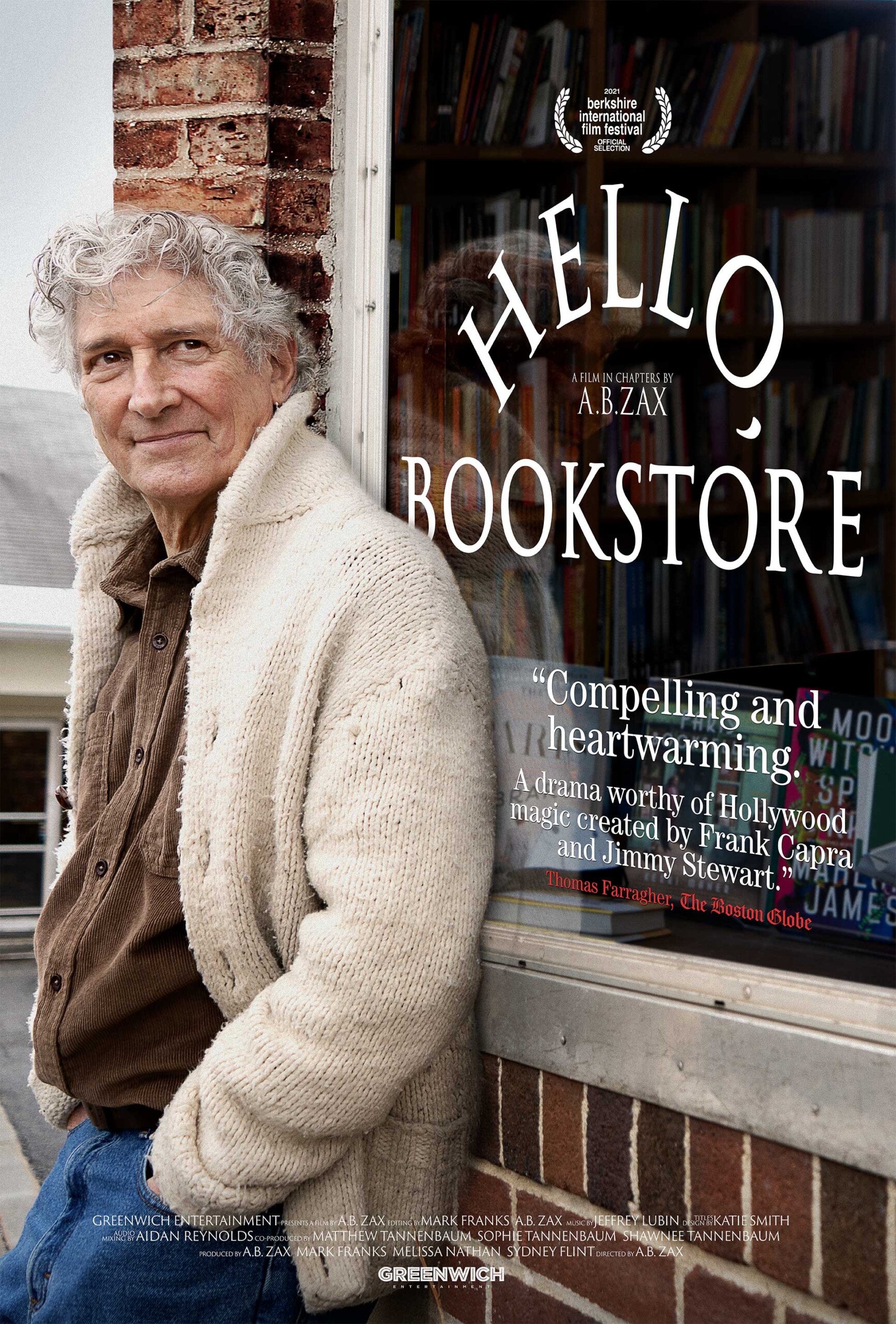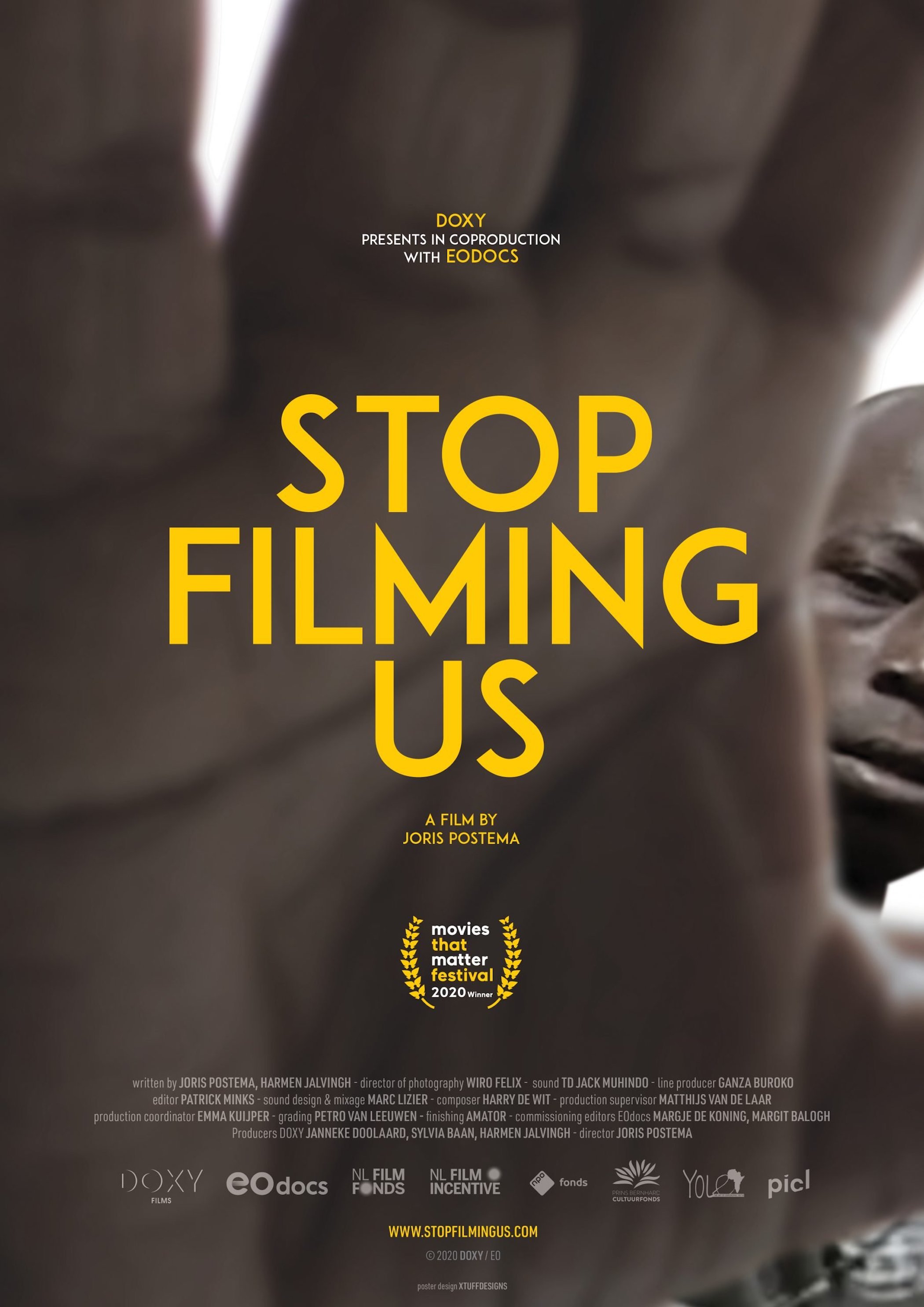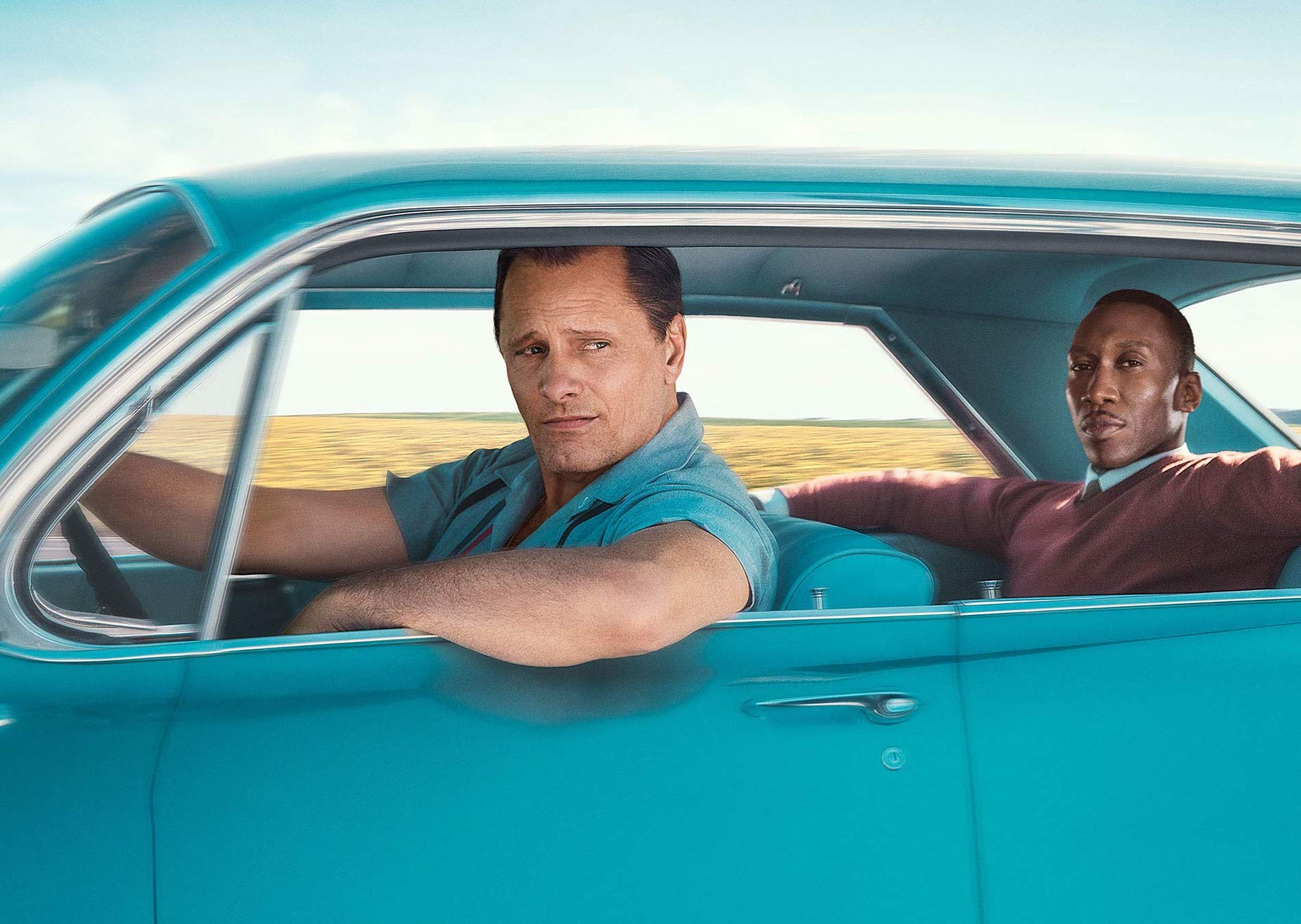
I have a dwindling reserve of patience for movies that treat death as a handy time-saving hack that can be deployed against characters (to push them around as the plot requires) or audience (to elicit sympathy without the hassle of creating characters strong enough to bear empathy). I gave up on X-Men: Apocalypse right when it cynically introduced a wife and daughter for Magneto solely so that they could be promptly murdered in order that he would lurch back to the dark side. So the first five minutes of Arrival — in which Amy Adams’s character, Louise, has daughter, loses daughter, is sad — did not endear the movie to me. No, we have not given you any reason to be emotionally invested in this character, I heard Denis Villeneuve sneering in my ear, but you must feel sorry for her all the same, and here are the tremulous strings of an emotive Max Richter track just to make doubly sure you do.
 So it was a pleasant surprise to learn that Arrival was actually doing something quite different (confident that its acting and atmosphere would be strong enough to retain the attention of more sceptical audience members). Eventually we learn that this sequence — and the other, briefer glimpses we see of Louise and her daughter later on in the movie — are not flashbacks, but flashforwards; not memories, but premonitions. Louise’s ability to understand the written language of the extraterrestrial heptapods has granted her the power of foresight and we don’t have to feel sad for her after all because none of this tragedy has actually befallen her yet.
So it was a pleasant surprise to learn that Arrival was actually doing something quite different (confident that its acting and atmosphere would be strong enough to retain the attention of more sceptical audience members). Eventually we learn that this sequence — and the other, briefer glimpses we see of Louise and her daughter later on in the movie — are not flashbacks, but flashforwards; not memories, but premonitions. Louise’s ability to understand the written language of the extraterrestrial heptapods has granted her the power of foresight and we don’t have to feel sad for her after all because none of this tragedy has actually befallen her yet.
The relationship between Louise and Ian, played by Jeremy Renner, also comes across like a cliché at first. Of course they’re going to fall for each other — even though she’s the wordy one and he’s the sciencey one! They’re so different! — because they’re the protagonists of a blockbuster movie, and that’s what the protagonists of blockbuster movies do (and because, as we know — or thought we knew — Louise is a divorcée who has lost a child and thus especially in need of the restorative succor of True Love). But again, something different is happening: yes, Louise is falling for Ian, but she does so with (in spite/because of) the knowledge that they will ultimately fall apart in the most heartbreaking of circumstances. This is not the typical emotional timbre of a relationship that springs from a meet-cute.
But these subversions of cinematic tropes assume a certain degree of familiarity with movies and the way they work. The relationship between Louise and Ian is formed from lightly sketched cinematic signs (the camera lingering just slightly too long on the reaction shot) that we recognize from the hundreds or thousands of onscreen romances we have witnessed before. And we assume that the emotionally ambiguous expression on Amy Adams’s face is sadness because we expect characters to respond to sad flashbacks with sadness. Eventually she vocalizes her feelings, stating that she doesn’t recognize the girl we have been seeing with her onscreen — and in that stunning moment we realize that the emotion she has been experiencing is, in fact, confusion, and that the scenes we thought were flashbacks are not flashbacks at all.
 These twists are dealt with quite differently in “The Story of Your Life,” the Ted Chiang short story from which Arrival was adapted. The will-they-won’t-they is resolved earlier on (they will), and the true chronological sequence of events is never concealed: from the very beginning, the life (and death) of their daughter is described in the future tense, while the interactions with the heptapods are in the past. The surprise lies not in the sequencing of events, but at which precise point Louise, the narrator, is positioned on that timeline. We assume at first that she is using a kind of “historical future” tense: looking back from a time after she has met some aliens, had a child, lost her child, and her entire career has unfolded:
These twists are dealt with quite differently in “The Story of Your Life,” the Ted Chiang short story from which Arrival was adapted. The will-they-won’t-they is resolved earlier on (they will), and the true chronological sequence of events is never concealed: from the very beginning, the life (and death) of their daughter is described in the future tense, while the interactions with the heptapods are in the past. The surprise lies not in the sequencing of events, but at which precise point Louise, the narrator, is positioned on that timeline. We assume at first that she is using a kind of “historical future” tense: looking back from a time after she has met some aliens, had a child, lost her child, and her entire career has unfolded:
I remember one afternoon when you are five years old, after you have come home from kindergarten. You’ll be coloring with your crayons while I grade papers.
Gradually, however, this insistent use of the future tense, preceded by the jarring simple present “I remember,” becomes more conspicuous. We realize that this is actually just regular, vanilla future tense, describing things that have not happened yet, with the certainty granted by her newly acquired powers of clairvoyance. She is telling her story from a particular moment (as the present tense sections that bookend the story make clear) that is post-aliens but pre-daughter, and she is remembering forwards, not backwards.
The fact that this reveal depends on grammar is entirely appropriate for a story so preoccupied with language. “The Story of Your Life” is unafraid of spending time exploring such nuances as the distinction between glottographic and semasiographic writing. The discoveries about how the heptapods’ language works (and Louise’s consequent transition from a “sequential mode of awareness” to a “simultaneous mode of awareness”) unfold naturally from the linguistics. In Arrival, however, the process that forms the crux of Ted Chiang’s story is mainly connoted through visual shorthand — the elaborately annotated whiteboards that films use to indicate unfathomable genius, and the furrowing of Amy Adams’s brow — and that most cinematic of conceits: the montage (with a Jeremy Renner voice-over).
Because despite name-dropping Edward Sapir and Benjamin Lee Whorf and hiring an actual consultant linguist, Arrival’s interest in language is essentially superficial. The plot requires Louise to gain the ability to see the future, but what if Louise was an engineer instead of a translator, or a specialist in toxins? What if the MacGuffin was not the heptapod language itself, but a piece of machinery or alien milkshake? Arrival would certainly be a lesser movie — lacking the thematic resonance with the breakdown in communication between different nations around the world — but it would still work.
Yet this doesn’t mean Arrival is an unfaithful adaptation. The act of translation is not just a case of switching words from one language to another: it requires countless extralinguistic tweaks and alterations to account for differences in the target culture. And there is more to the adaptation of a short story to film than simply producing a visual rendition of what is written on the page (so it’s no wonder that the movie’s screenwriter, Eric Heisserer, felt “an emotional connection” to translator Louise). The change in medium itself necessitates additional changes. Some of these are purely practical: the lifespan of the daughter is shortened in the movie, for example. In “The Story of Your Life” she lives to the age of 25 and dies in a climbing accident. If she had lived that long in the movie then Amy Adams’s face would have had to be digitally wizened in the flashforwards, and the twist would be no twist (for either us, or her). Thus, in Arrival the daughter must die young, from cancer — the default trauma of cinema, with the most easily recognizable visual code (the bald head of chemotherapy, the blue palette of the hospital lighting).

 But some of the other tweaks are self-conscious acknowledgements of a more profound shift in focus. As Jordan Brower has noted in the LA Review of Books, the two heptapods, named Raspberry and Flapper in the original, become Abbot and Costello in the movie — Hollywood allusion. And the sad Max Richter theme that plays such a key part in setting the mood at the beginning and ending of the film — “On the Nature of Daylight,” from his 2004 album The Blue Notebooks — is tantamount to a cinematic citation, having previously been featured in several other movies (notably Martin Scorsese’s Shutter Island in 2010 — another adaptation of a story that plays tricks with memory). Because the plot of Ted Chiang’s story is so intricately meshed with its medium — the very words that comprise a short story, and the way that we process a linear narrative as we read it off the page — it would be impossible to make a film that engages with language in the same way. The continuous interior monologue of “The Story of Your Life” is the exact opposite of the discrete visual slices that make up a movie. So Arrival doesn’t bother trying: what it does instead is mirror its reflexivity. Where “The Story of Your Life” is about language, Arrival is about movies.
But some of the other tweaks are self-conscious acknowledgements of a more profound shift in focus. As Jordan Brower has noted in the LA Review of Books, the two heptapods, named Raspberry and Flapper in the original, become Abbot and Costello in the movie — Hollywood allusion. And the sad Max Richter theme that plays such a key part in setting the mood at the beginning and ending of the film — “On the Nature of Daylight,” from his 2004 album The Blue Notebooks — is tantamount to a cinematic citation, having previously been featured in several other movies (notably Martin Scorsese’s Shutter Island in 2010 — another adaptation of a story that plays tricks with memory). Because the plot of Ted Chiang’s story is so intricately meshed with its medium — the very words that comprise a short story, and the way that we process a linear narrative as we read it off the page — it would be impossible to make a film that engages with language in the same way. The continuous interior monologue of “The Story of Your Life” is the exact opposite of the discrete visual slices that make up a movie. So Arrival doesn’t bother trying: what it does instead is mirror its reflexivity. Where “The Story of Your Life” is about language, Arrival is about movies.
Nowhere is this more true than in the finale (which is a completely new addition to the story, extrapolated from a brief governmental intrusion into “The Story of Your Life”). In the same way that Arrival toyed with the trope of the tragic backstory (not unlike the recent HBO show Westworld, which also played with our assumptions of linearity) and the inevitable romance of the two romantic leads, it subverts our expectation of a climax that imperils the very existence of the Earth, which our protagonists will then defuse through their heroic behaviour. How does Louise save the day in Arrival? By literally seeing the future. We, the passive audience, watch along with her as she observes herself, in the future, having the conversation that will provide her with the information she needs to avert catastrophe. To save the day, she must become as us: a watcher of movies.
And so we should not be surprised that Arrival has received a clutch of Oscar nominations. La La Land should watch out: as The Artist, Argo, and Birdman have made very clear, these days the academy loves movies about movies














